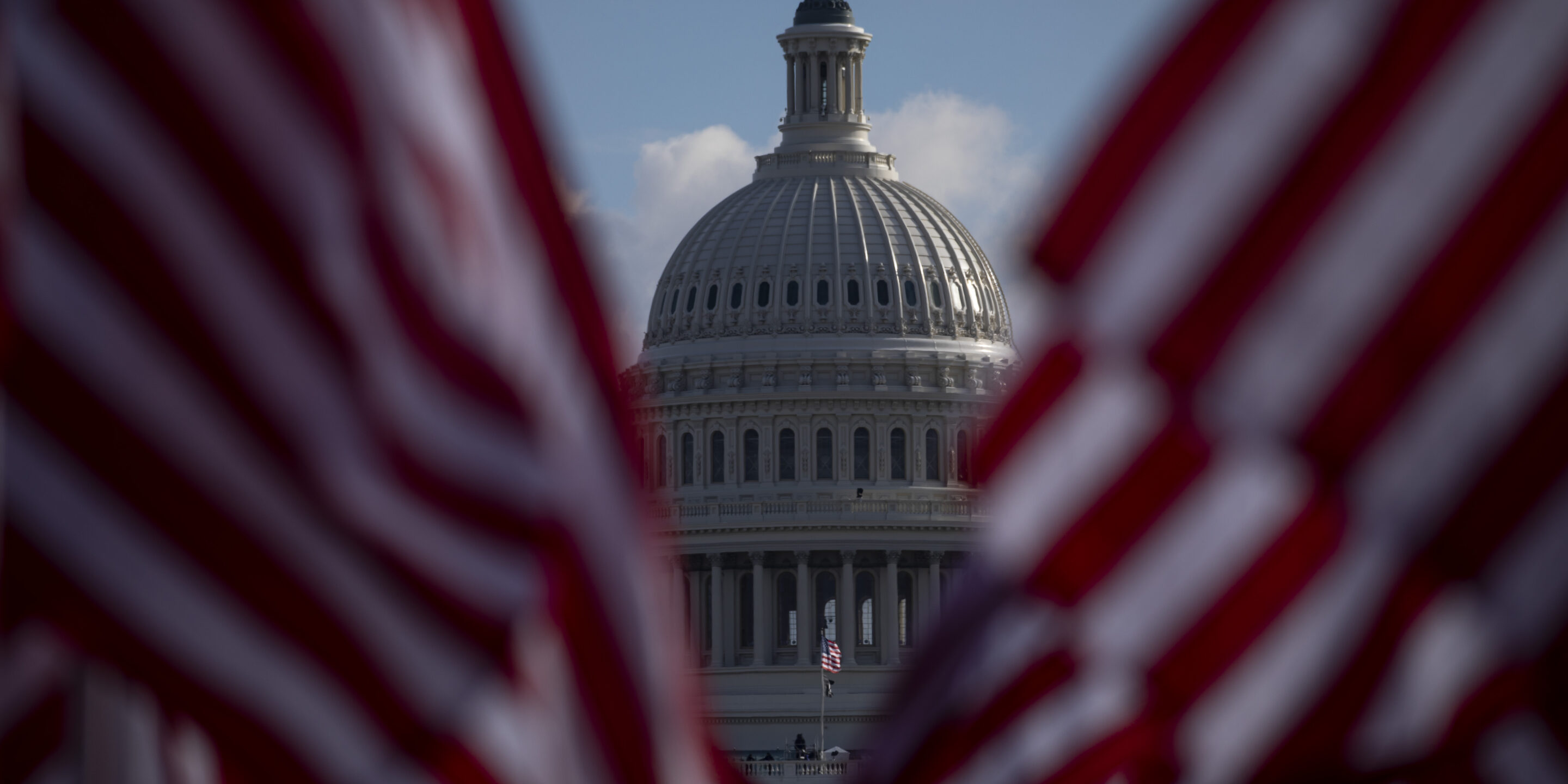December 28, 2024
Here’s why Trump’s foreign policy is hard to pin down

It is common to hear President-elect Donald Trump described as an isolationist. According to critics, Trump deserves this moniker because he would abandon the long-standing American strategy of deep engagement, which calls for promoting and protecting the liberal global order with U.S. economic and military power.
But this isolationist characterization is off the mark. It overstates the likely influence of those who call for a more restrained U.S. approach to the world within a second Trump administration. Sure, there will be groups calling for a less militarized approach to Europe and the Middle East—including from within the Republican Party—but they face an uphill battle in convincing the administration to adopt such proposals.
In his first term, Trump was far from an isolationist. While he certainly abandoned some multilateral and liberal elements of previous administrations’ strategies, he did not significantly reduce the U.S. role in security affairs around the world. He embraced competition with China, both in the economic and military spheres. He also pursued a policy of maximum pressure on Iran, abandoning the carefully crafted agreement that had been in place to limit Tehran’s nuclear program. And he increased spending and military activities in Europe through the European Reassurance Initiative to calm nervous allies.
Potential nominees for key foreign policy positions in a second Trump administration include hawks who support U.S. military involvement in these regions, as well. More broadly, many within the Republican Party remain committed to a strategy of deep engagement: They want the United States to remain the dominant security provider in each of the core regions of East Asia, Europe and the Middle East.
More on Western Hemisphere

Featuring Alexander Downes
January 6, 2026

January 6, 2026

Featuring Jennifer Kavanagh
January 5, 2026

January 5, 2026

Featuring Jennifer Kavanagh
January 4, 2026
Events on Grand strategy




